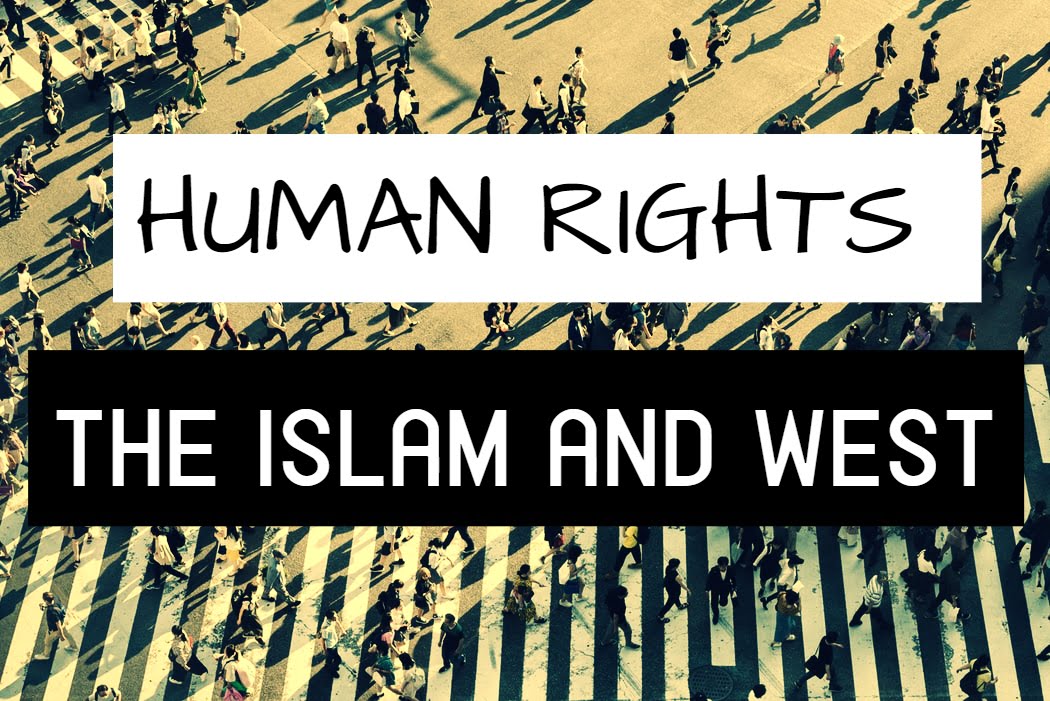
By Naveed Ahmad Goraya
Author is a lawyer and a Senior Law Officer
Human Rights are a cross-cutting subject. Violation by a person against other people sometime may not be a Human Rights violation. If a person becomes angry or insults other people, he cannot be declared a violator of human rights in the real sense. Historically, the Concept of human rights evolved with the development of Human Civilization. Nevertheless, it is also correct that fundamental human rights were least available to human beings in the ancient past. The public generally acceded to the orders of rulers as habitual obedience. Sometimes it was cited that law is the command of the sovereign.
Although the Islamic Human Rights perspective is subject to western criticism yet, it is undeniable that Islam put forth complete guidance for human rights. Despite this, the West certainly has its account of serious human rights violations, including an extensive record of gene site, racism, torture, sexism, religious persecution, and centuries of slavery; it always criticse other codes of exploiting human rights.
Generally, the position of man is considered superior to any other creature of the world in Islam, contradicting the Darwinian theory of the “origin of species,” which considers man similar to apes. However, Islam gives freedom to a man from animalistic notions and gives due respect to man as it has been sent as the “vicegerent of God” in this world.
When we study the history of Human Rights, we find the Western perspective of human rights dominant, revealing that the people of England got fundamental human rights as Magna Carta for the first time in the shape of a demand charter between the landlords and king. One has to admit that this happened after the final farewell sermon of Hazrat Muhammad (SAW). At the same time, the Human rights blessed by Islam in 632 AD are universal, deeper, secured, and more guaranteed than the Universal Declaration of Human Rights (UDHR). Human rights are based on sufficient reasons as Human rights under UDHR have no moral or strong backings or guarantees. The rights declared by Islam cannot be changed or canceled, whereas rights under UDHR are cancellable or immutable by governments, states, or nations.
No doubt, rights declared by UNO as human rights are not less than a blessing, but if we observe keenly, we find that such rights are a re-voice of those rights provided by Islam fourteen hundred years ago. Islam provided human rights at a time when humanity had forgotten the teachings of previous messengers of Allah sent to every nation. Almost all Concepts of human rights had faded away. So it can be concluded that if we human beings want the accurate and proper performance of human rights for a humble and peaceful society, we must obey the divine principles of Almighty God and His prophet (SAW) in every sphere of life.
We should also accept the existence of other standpoints considering universal human rights as minimum standards for the safety, security, and protection of human beings.
The Arab Charter (2004) and the Cairo declaration (1990) are at least documents to adjust UN-Standards at an intergovernmental level. Although the results did not satisfy the standpoint of the West, it is a fact that discourse on human rights did exist and is in progress in Arab states. It is incredible to note that international institutions are stressing hard to highlight human rights violations in Muslim states or other targeted countries, ignoring human rights violations in developed countries. Violations by NATO and USA at Guantanamo Bay, Abu Ghraib jail in Iraq, and their atrocities in Afghanistan are never considered crimes against humanity. Is it not hypocritical?
Many world states might be acceding party to UN Conventions without applying them. Some fundamentalist organizations or rebel groups commit human rights violations most often. When such violations are made, whether or not the state signed the bill of rights becomes irrelevant. Different suggestions are put forward to solve issues of human rights reformists, especially from those nations of Muslim states who live in exile in the West to appease their masters or employers. Even such persons suggest a re-interpretation of Shariah to satisfy and adjust the western world. Some developed states have also used Human Rights to subjugate other countries or tarnish their image in the world. At the same time, these states close their eyes to the violations made by their favored states through involvement in heinous human crimes. Such tactics should be avoided, and real-time implementation of human rights is required thoroughly without a pick and choose. Only then peace and prosperity in the world may prevail.
Political polarization between the West and east caused by political tensions has led sentiments against the West to push toward an extreme position. Muslim scholar Bassem Tribe expressed it; “the accommodation of Islam to cultural modernity must take place from the inside and be carried out by Muslims themselves.” The secularization of the Muslim world is not the solution.
As universal human rights are based upon secularization through the segregation of state from religion, adjusting religious values will become more difficult to compatible. Although Islam declared human rights, the situation of human rights in Muslim states cannot be said appreciable. It is the need of the hour that the world community should give due importance and admission to the fact that women in Muslim states are more secure and enjoy rights than in Western countries. Human rights violations anywhere in the world though in the USA or the West should be highlighted in the same pattern as in Muslim states or states considered rivals, like China and Russia.
At the level of government or an academic level, human rights acceptance will never reach the desired level. The theoretical availability of humans is only possible after a while and could be shoved upon any state. It could only be possible over time. For accurate implementation, the USA and Europe, who are torch-bearer of human rights, have also to improve their situations, setting an example for the world to follow and should avoid violations. Implementation of Human rights should be considered an organic process, and cultural consensus on international law should be tried to develop for its lasting effect. Otherwise, anti-western currents with views of double standards by Europe will always be central.


















































2 thoughts on “Islam, West, and Human Rights.”
Good
Very good